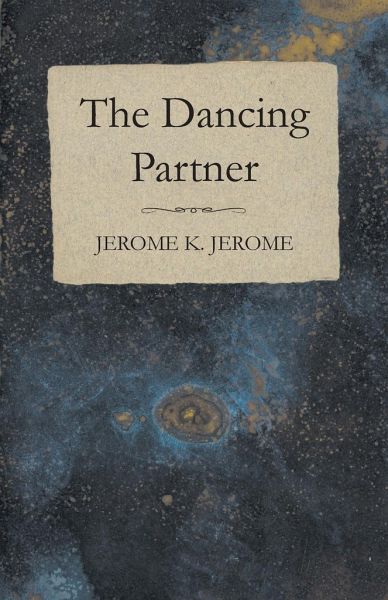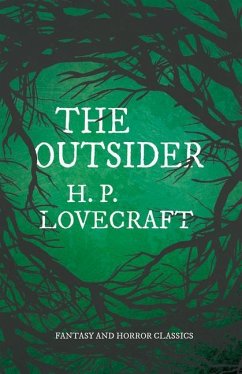
The Dancing Partner
Versandkostenfrei!
Versandfertig in über 4 Wochen
16,99 €
inkl. MwSt.

PAYBACK Punkte
8 °P sammeln!
This early work by Jerome K. Jerome was originally published in 1893 and we are now republishing it with a brand new introductory biography. 'The Dancing Partner' is a short story about the scarcity of young men as dancing dancing partners and a creepy solution offered by a mechanical toy maker. Jerome Klapka Jerome was born in Walsall, England in 1859. Both his parents died while he was in his early teens, and he was forced to quit school to support himself. In 1889, Jerome published his most successful and best-remembered work, 'Three Men in a Boat'. Featuring himself and two of his friends ...
This early work by Jerome K. Jerome was originally published in 1893 and we are now republishing it with a brand new introductory biography. 'The Dancing Partner' is a short story about the scarcity of young men as dancing dancing partners and a creepy solution offered by a mechanical toy maker. Jerome Klapka Jerome was born in Walsall, England in 1859. Both his parents died while he was in his early teens, and he was forced to quit school to support himself. In 1889, Jerome published his most successful and best-remembered work, 'Three Men in a Boat'. Featuring himself and two of his friends encountering humorous situations while floating down the Thames in a small boat, the book was an instant success, and has never been out of print. In fact, its popularity was such that the number of registered Thames boats went up fifty percent in the year following its publication.








![The Luck of Roaring Camp: The Outcasts of Poker Flat; [And] Tennessee's Partner Cover The Luck of Roaring Camp: The Outcasts of Poker Flat; [And] Tennessee's Partner](https://bilder.buecher.de/produkte/68/68922/68922805n.jpg)





